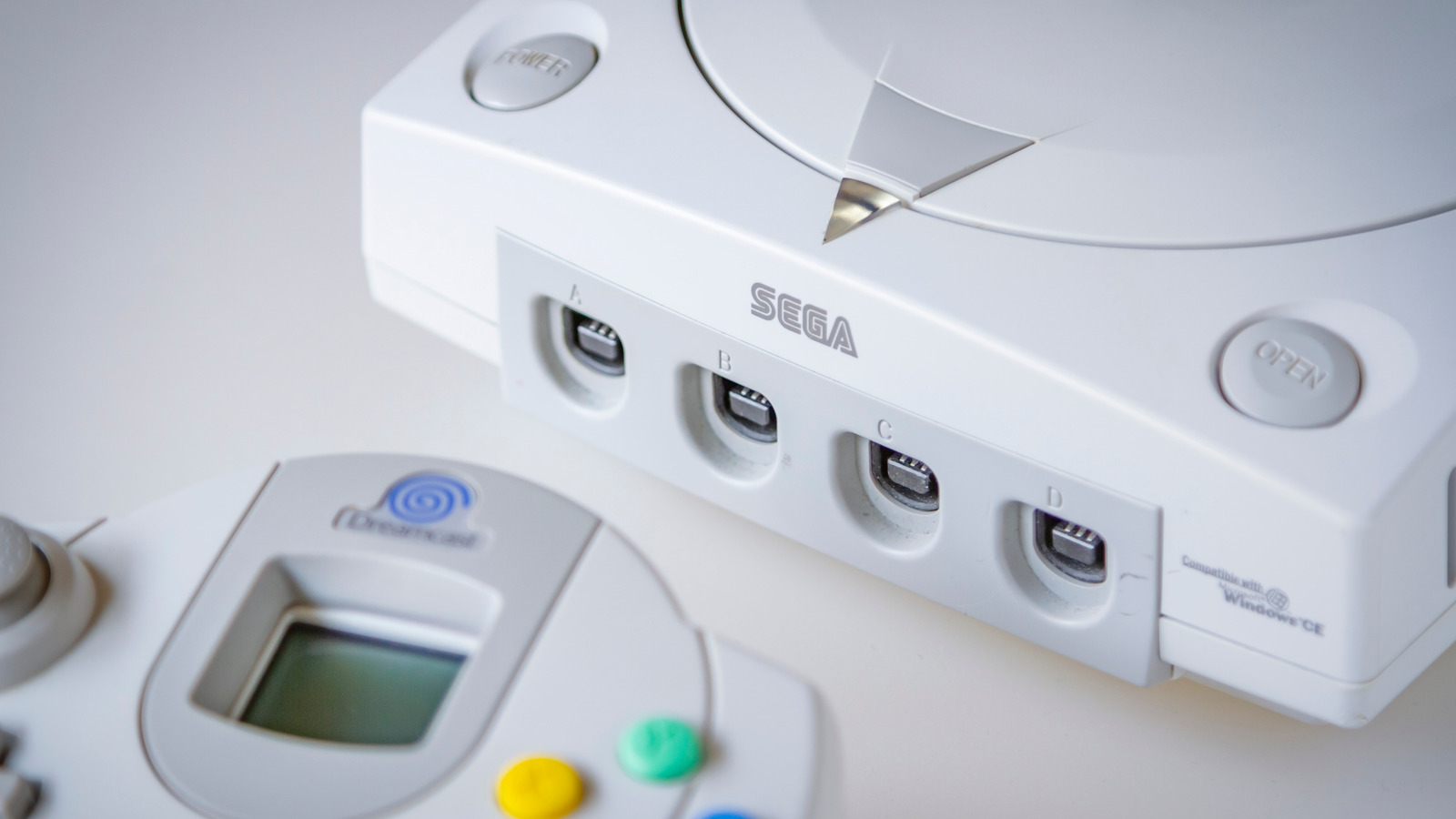Here’s Why The Sega Dreamcast Flopped

The Dreamcast’s release in America in 1999 was initially very successful. Although EA Games had stepped away from working with Sega to create sports games (which would pose problems for it later), there were plenty of other games that people were excited for, like “Sonic Adventures” and “Soulcalibur,” as IGN reports. However, the Dreamcast proved to be no match for the PlayStation 2 once it arrived on the scene in 2000.
The PlayStation 2 offered many things the Dreamcast didn’t. DVD playback, popular sports games from EA, and better advertising were some of the factors that were at play as the PlayStation 2 quickly gained leverage over the Dreamcast. Sega attempted to remedy this by introducing a price drop for its newest console, and while this did momentarily boost sales, it was not enough to give them a full recovery. The GameCube and Xbox releases were on the horizon, and Sega realized if it couldn’t compete at this point, there wouldn’t be any hope for the Dreamcast down the line.
Only a few years after its release, the Dreamcast was discontinued (via ABC News). At the time, the Dreamcast had sold about 6.5 million units, while the PlayStation 2’s sales reached about the same amount, but as a whole Sony’s PlayStation brand had sold around 75 million units. The Dreamcast also marked Sega’s last contribution to the hardware market, instead shifting focus to creating games. However, despite the Dreamcast’s failure, it eventually gained a cult following thanks to its impressive library of games which are still fan favorites among many gamers today.
For all the latest Games News Click Here
For the latest news and updates, follow us on Google News.
